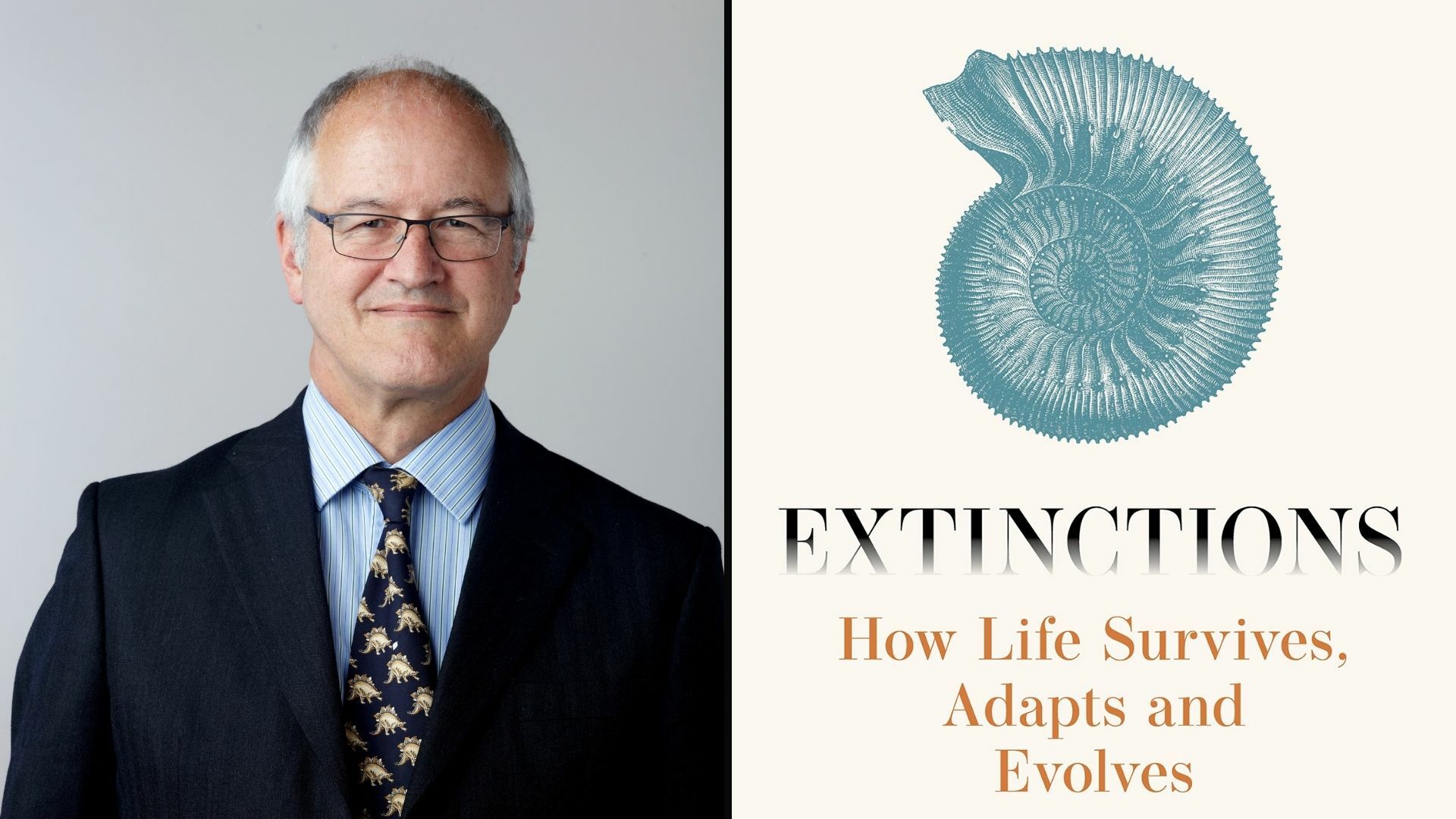
Event Description
How Life Survives, Adapts and Evolves
Professor Michael J. Benton’s timely talk explores the science of mass extinction, showing how advances in biology, chemistry, physics, and geology have transformed our understanding of Earth’s deep past. He presents compelling evidence of environmental crises that nearly collapsed life on Earth, highlighting their relevance to today’s global challenges.
Benton guides us through the ‘big five’ mass extinctions, from the Late Ordovician, which reshaped early animal evolution, to the End-Permian, or Great Dying, which eradicated over 90% of life. He also examines the newly discovered Carnian Pluvial Event and the asteroid-driven End-Cretaceous extinction. Key factors such as global warming, acid rain, volcanic eruptions, and meteor impacts are analyzed for their role in ecological devastation and recovery.
With fossil photographs, fieldwork, and vivid reconstructions, Benton reveals how scientists use revolutionary methods to investigate extinction events in forensic detail. He draws crucial connections between ancient upheavals and the current Anthropocene era, offering insights into ongoing environmental crises and their potential impacts on the future of life on Earth.
About
Michael Benton is professor of Vertebrate Palaeontology and head of the world-leading Palaeobiology Research Group at the University of Bristol. He has written more than fifty books, including Dinosaurs: New Visions of a Lost World, The Dinosaurs Rediscovered and When Life Nearly Died, all published by Thames & Hudson. He was awarded an OBE for services to Palaeontology and community engagement and regularly appears in the media to discuss dinosaurs and understanding the history of life.
You might like these too…
Want to see more?
View all events


